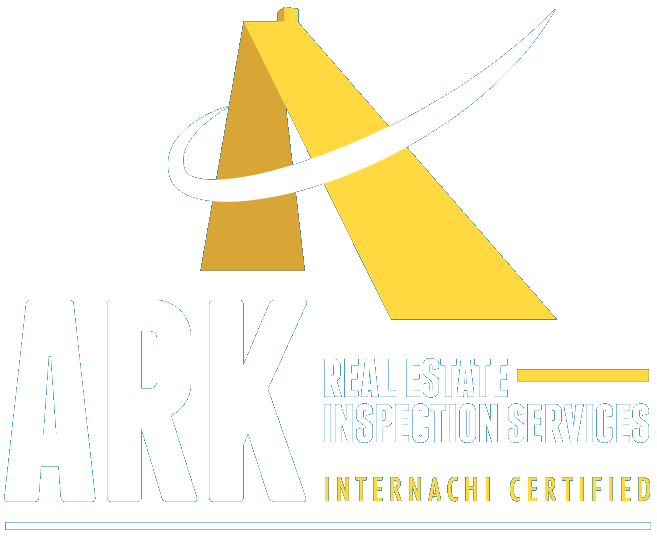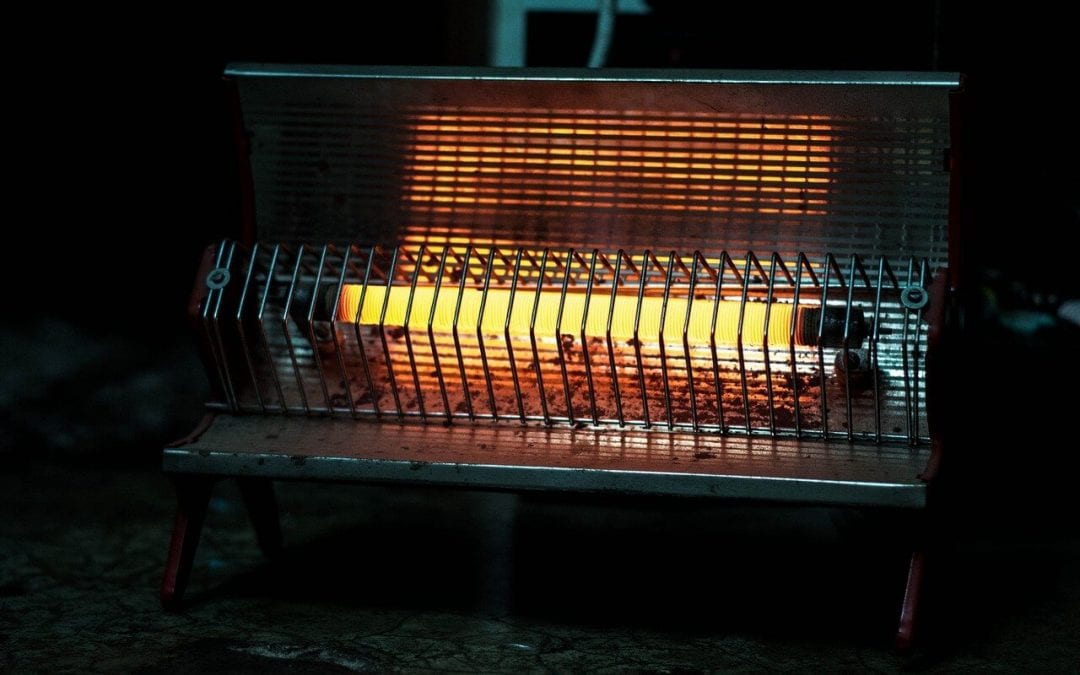As we head into winter, we face hazards that we don’t deal with during warmer weather. Some of these situations can create danger for our families, so it’s important to be aware and take action to make your home safe. As temperatures begin to drop, heed these winter safety tips for your home.
Winter Safety Tips: Heating Equipment
Every year, heating the home is a leading cause of house fires. Whether you’re relying on a woodburning stove, furnace, or space heater to take the chill out of a cold room, safe use of heating equipment is important to prevent fires and other accidents.
Make sure that the chimney has been cleaned and inspected. Use only cured hardwoods for fuel. With electric heaters, be sure electric cords are in good condition and don’t pose a tripping hazard. Keep all heating appliances at least 36″ away from combustible materials, including furniture, draperies, blankets, pillows, and carpets. Have your furnace inspected once per year.
Keep Walkways and Driving Areas Clear
Concrete pathways can turn into a hazardous, icy mess when the temperature drops below freezing. Driveways, sidewalks, steps, and porches become dangerous when covered in ice.
When freezing temperatures are predicted to accompany rain or snow, make sure to have shovels and ice-melt ready to go. Pay particular attention to elevated surfaces because they often freeze first. Next, concentrate on the shady areas where daytime highs will be lower than in sunny spaces.
Check Drainage and Runoff for Winter Safety
Snow and rain aren’t the only sources of moisture that contribute to slick surfaces. Overflowing gutters and runoff from downspouts can create icy spots on the walkway or driveway. Gutter and downspout runoff can cause ice to form even on days when there has been no precipitation.
Before freezing temperatures arrive, check your gutters. If downspouts and gutters are clogged with twigs, leaves, pine needles, and other debris, clear them out. If the water is flowing freely but is funneled onto the walkway or sidewalks, make repairs to divert the water in a different direction.
Prepare Smoke and Carbon Monoxide Detectors
The increased use of candles, fireplaces, and space heaters in the wintertime increases the risk of fire. Take precautions by never leaving a live flame or space heater unattended. Extinguish any fires and turn off heaters before going to bed.
Verify that your home has smoke detectors on every level of the house. Fall is a perfect time to check and replace batteries, and you should also review manufacturing dates at the same time. Detectors over ten years old should be retired from use and replaced.
ARK Inspections provides home inspections to customers in the Twin Cities area. Contact us to schedule our services.

